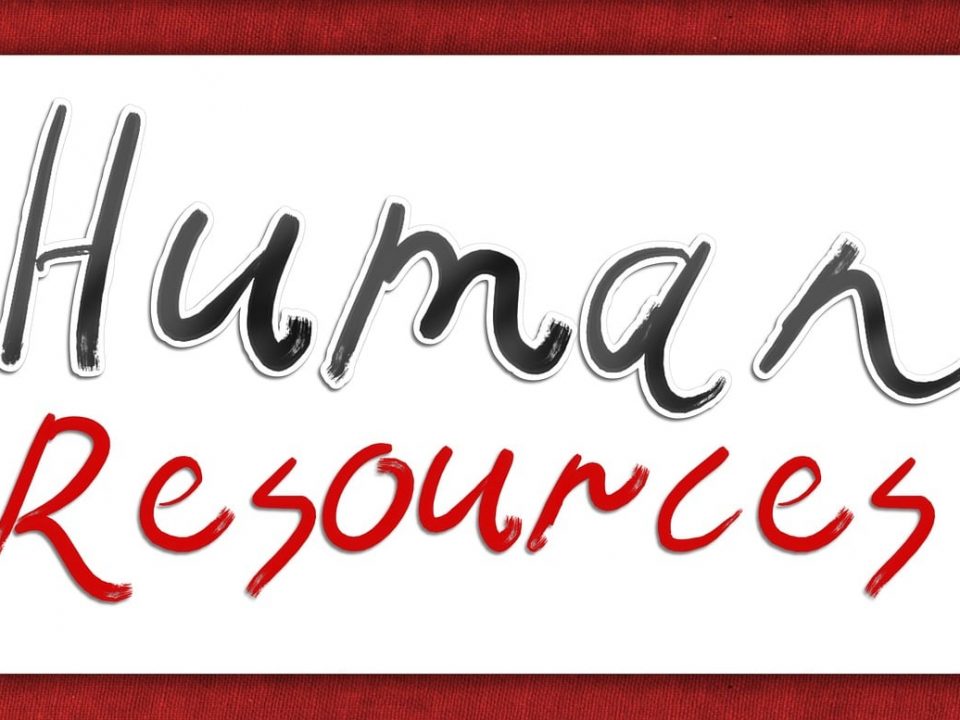7 Tips For Nurses To Prevent Medication Errors

Introduction
Medication errors are a significant concern in healthcare, and nurses play a crucial role in preventing them. As a healthcare professional, nurses are responsible for ensuring that patients receive the correct medication at the right dose and time. Any error in medication administration can have severe consequences, from adverse reactions to life-threatening events. To prevent medication errors, nurses must follow specific protocols and utilize technology to confirm patient information, check medication labels, and document medication administration accurately. Communication with patients and reporting any errors are also essential steps in preventing medication errors. This article provides tips for nurses to prevent medication errors and ensure safe patient care.
7 Tips For Nurses To Prevent Medication Errors
Follow the “Five Rights” of Medication Administration
The “Five Rights” of medication administration are critical to preventing medication errors. Administering the right medication means ensuring that the prescribed medication is the one that the patient needs. Nurses must verify the medication by checking the medication label and comparing it to the patient’s prescription. The right patient means administering the medication to the correct patient by confirming their identity using two patient identifiers. Administering the right dose ensures that the patient receives the correct amount of medication as prescribed. Nurses must calculate the dose accurately, and double-check the calculation with a colleague or a resource such as a medication administration guide. The right time ensures that the medication is given at the prescribed time. Nurses must adhere to the prescribed administration schedule and not deviate from it unless instructed by the physician. Lastly, the right route ensures that the medication is given using the appropriate route, such as oral, intravenous, or intramuscular. Nurses must verify the route by checking the medication label and the patient’s medical records. Following the “Five Rights” can help prevent medication errors and ensure safe patient care.
Check Medication Labels
Checking medication labels is amoung the main Tips For Nurses To Prevent Medication Errors. Nurses must double-check medication labels to ensure that the medication they are administering is the right medication and the correct dose. This involves verifying the medication name, strength, and dosage form. It is also essential to check the expiration date to ensure that the medication is still viable. When preparing medications, nurses must ensure that they have the correct dosage and measure it accurately. Additionally, they must check for any changes in the medication order, such as a change in dose or frequency. Nurses must be familiar with medication labels and their components to prevent errors. They must be vigilant and recognize any inconsistencies between the medication label and the prescription. By taking the time to double-check medication labels, nurses can ensure that they are giving the correct medication and dose, and avoid any harm to the patient.
Keep Up-To-Date with Medication Information
Other important Tips For Nurses To Prevent Medication Errors include Keeping up-to-date with medication information is essential for nurses to prevent medication errors. Medications can have complex dosages, interactions, and side effects that nurses must be aware of. Nurses must continually update their knowledge of medications by attending continuing education courses and staying informed about new medications and updates to existing ones. They must also understand the different drug classes and their mechanisms of action, potential side effects, and adverse reactions. It is also essential to be aware of any contraindications and precautions that may exist, such as a patient’s age, weight, and medical history. Nurses must be able to recognize potential drug interactions and understand how they can impact patient care. They must also know how to manage adverse reactions and side effects. By staying informed about medication information, nurses can ensure that they provide safe and effective patient care, prevent medication errors, and promote positive health outcomes.
Communicate with Patients
Effective communication between nurses and patients is crucial for preventing medication errors. Nurses must verify the patient’s identity by using two patient identifiers, such as their name and date of birth. They must also ask the patient about any allergies or medication sensitivities they have to avoid administering a medication that may cause an adverse reaction. Nurses must communicate with patients in a way that is easy to understand and ensure that patients understand their medication instructions. It is also essential to ensure that patients are aware of potential side effects and what to do if they experience them. Additionally, patients must be educated about their medications’ purpose, dosage, and administration schedule to ensure that they take them correctly. Nurses must also encourage patients to ask questions and voice any concerns they have about their medications. By communicating effectively with patients, nurses can prevent medication errors and promote positive health outcomes.
Use Technology
Technology can play a significant role in preventing medication errors, thus among the main Tips For Nurses To Prevent Medication Errors. Electronic medication administration records (eMARs) are computerized systems that track medication administration, dosage, and frequency. eMARs help nurses reduce the risk of medication errors by providing real-time information about medication orders, allergy alerts, and potential drug interactions. Barcode scanners can also be used to scan medication labels and patient wristbands to verify the right patient and medication before administration. Smart infusion pumps can be programmed to deliver medication at a specific rate and dose, reducing the risk of dosing errors. These pumps can also alert nurses if the programmed dose exceeds the recommended limit. Nurses must receive training on how to use technology effectively and understand how to interpret the information provided by these systems. By using technology, nurses can reduce the risk of medication errors and ensure that patients receive safe and effective care.
Document Medication Administration
Documentation of medication administration is a critical aspect of preventing medication errors. Nurses must document all medication administration accurately in the patient’s medical record. This includes recording the medication name, dose, route of administration, time of administration, and any adverse reactions or side effects. Accurate documentation is essential to ensure that healthcare providers have access to up-to-date information about the patient’s medication history. This information can help prevent medication errors by reducing the risk of duplicate orders, drug interactions, and over-dosing. Nurses must ensure that the documentation is legible and complete, as incomplete or illegible documentation can lead to errors. Additionally, nurses must document any changes made to medication orders, such as dose adjustments or discontinuations. Accurate documentation can also help in the event of a medication error, as it provides a clear record of the medication administration process. By documenting medication administration accurately, nurses can use the Tips For Nurses To Prevent Medication Errorsand ensure that patients receive safe and effective care.
Report Medication Errors
Reporting medication errors, near-misses, or adverse events is crucial for improving medication safety in healthcare. Nurses must report any medication errors they witness or suspect to their supervisor or medication safety officer as soon as possible. Reporting medication errors allows for a thorough investigation into the cause of the error and helps identify system failures or other issues that may contribute to medication errors. Identifying the root cause of the error can lead to the implementation of measures to prevent the error from happening again, such as changes in medication administration policies or staff training. Near-misses, or errors that did not result in patient harm, should also be reported to help identify potential areas of improvement. Reporting medication errors also helps to ensure transparency in the healthcare system and promotes a culture of accountability and learning. By reporting medication errors, nurses can contribute to improving medication safety and promoting positive health outcomes for patients.
Conclusion
In conclusion, preventing medication errors is crucial for ensuring patient safety and positive health outcomes. Nurses play a vital role in preventing medication errors through practices such as following the “Five Rights” of medication administration, checking medication labels, keeping up-to-date with medication information, communicating effectively with patients, using technology, documenting medication administration, and reporting medication errors. Implementing these practices can help reduce the risk of medication errors and promote positive health outcomes for patients. It is essential for healthcare organizations to prioritize medication safety by providing ongoing training, implementing effective medication safety programs, and encouraging a culture of transparency and accountability. By working together and using the Tips For Nurses To Prevent Medication Errorscan improve medication safety and provide high-quality, safe, and effective care to patients.
FAQs
1. What are the “Five Rights” of medication administration?
The “Five Rights” of medication administration are ensuring that the right medication is administered to the right patient, in the right dose, at the right time, and by the right route.
2. How can technology help prevent medication errors?
Technology can help prevent medication errors by using tools such as electronic medication administration records (eMARs), barcode scanners, and smart infusion pumps to reduce the risk of medication errors.
3. Why is communication with patients important in preventing medication errors?
Communication with patients is important in preventing medication errors because it allows nurses to confirm the patient’s identity and medication history, and patients can provide information about any allergies or medication sensitivities they have.
4. Why is accurate documentation of medication administration important?
Accurate documentation of medication administration is important because it ensures that all healthcare providers have access to the same information, helps prevent medication errors by reducing the risk of duplicate orders, drug interactions, and over-dosing, and provides a clear record of the medication administration process.
5. Why is it important to use Tips For Nurses To Prevent Medication Errors and report medication errors?
Using of the Tips For Nurses To Prevent Medication Errors and reporting medication errors is important because it allows for an investigation into the cause of the error, helps identify system failures or other issues that may contribute to medication errors, and leads to the implementation of measures to prevent the error from happening again.
Total Assignment Help
Incase, you are looking for an opportunity to work from home and earn big money. TotalAssignmenthelp Affiliate program is the best choice for you.
Do visit :https://www.totalassignment.com/affiliate-program for more details
Total Assignment help is an assignment help Online service available in 9 countries. Our local operations span across Australia, US, UK, South east Asia and the Middle East. With extensive experience in academic writing, Total assignment help has a strong track record delivering quality writing at a nominal price that meet the unique needs of students in our local markets.
We have specialized network of highly trained writers, who can provide best possible assignment help solution for all your needs. Next time you are looking for assignment help, make sure to give us a try.
Looking for Assignment Help from Top Experts ?
Get the best Assignment Help from leading experts from the field of academics with assured onetime, 100% plagiarism free and top Quality delivery.


